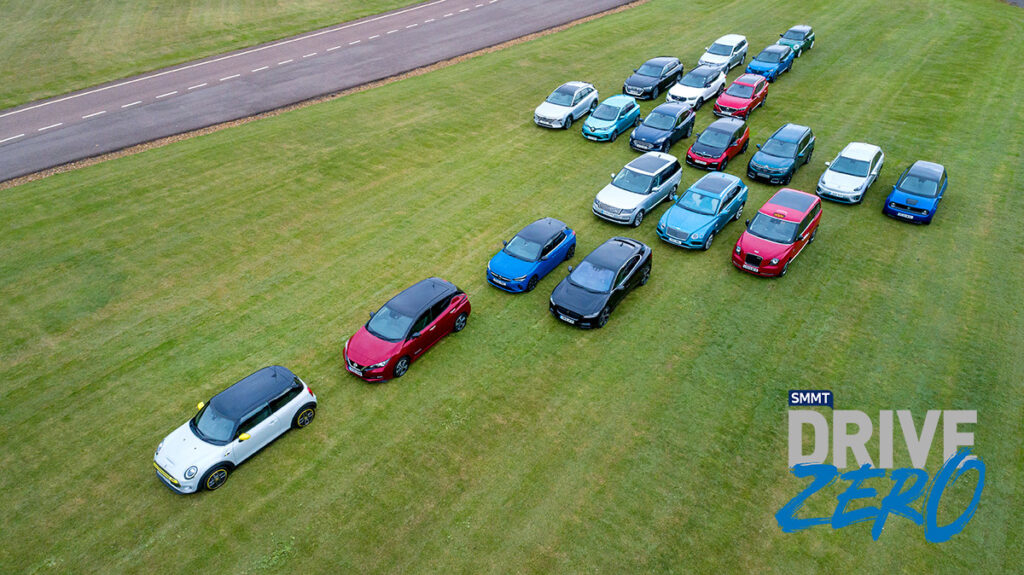Costs to get the UK’s public electric vehicle (EV) network ready for the mass market could reach £16.7 billion by 2035 as drivers reject an earlier ICE ban.
This is according to the Society of Motor Manufacturers and Traders (SMMT) and Frost and Sullivan, with their analysis finding that a full, zero-emission capable UK new car market will require 1.7 million public charging points by 2030, and 2.8 million by 2035. This equates to 507 on street chargers being installed per day until 2035, resulting in a cost of £16.7 million.
This is despite a survey conducted by Savanta ComRes for the SMMT that found nearly 50% of UK motorists think 2035 is too soon for the ban on the sale of new internal combustion engine (ICE) vehicles.
The biggest barriers perceived by the motorists surveyed were the higher purchase prices of EVs (52%), lack of local charging points (44%) and fear of being caught short on longer journeys (38%). However, the lower running costs were cited as attractive by 41% of drivers, with 29% praising the chance to improve the environment.
As a result of its findings, the SMMT is calling on the government to provide greater support for the EV market, including creating a national strategic plan that is delivered locally to increase the number of chargepoints and ensuring the right type of chargers are in the right places, enabling roaming and payment interoperability of public chargepoints.
There should also be a multi-sector strategy and roadmap with targets for incentives, infrastructure and energy provision, alongside positive consumer messages on all technology choices, as well as support for local authorities, with guidance on planning permission and technical standards, and a requirement to adhere to national standards.
“To give consumers confidence to take the leap into these technologies, we need government and other sectors to step up and match manufacturers’ commitment by investing in the incentives and infrastructure needed to power our electric future,” Mike Hawes, chief executive of the SMMT, said.
The SMMT did praise the government’s prior commitments to the EV market, including the £500 million Rapid Charging Fund and the £200 million Charging Infrastructure Investment Fund, matching £200 million of private investment, which completed its second close in April.
However, the government should make a long-term commitment to incentivising the uptake of EVs, including the continuation of the plug-in grant and the re-introduction of the grant for plug-in hybrids.
This, alongside VAT exemptions for all zero emission capable cars, would reduce the upfront price of a family car by an average of £5,500 for battery EVs and £4,750 for plug-in hybrids. The saving could result in 2.4 million sales over the next five years, according to the SMMT, enabling a market share of 28% compared to today’s 8%.
The SMMT’s calls, especially on incentivising the purchase of EVs, were echoed by Randolph Brazier, head of innovation at the Energy Networks Association, stating that “we agree with SMMT that incentives would help to increase the amount of electric vehicles on the road as would getting charging infrastructure ready sooner”.
“Making sure that rapid charging infrastructure is visibly deployed right across the UK will be critical to the smooth roll-out of electric vehicles and boosting consumer confidence,” Brazier said, adding that in order for this to happen the government and Ofgem need to “pull down existing barriers and put the right frameworks in place and help unlock investment”.





